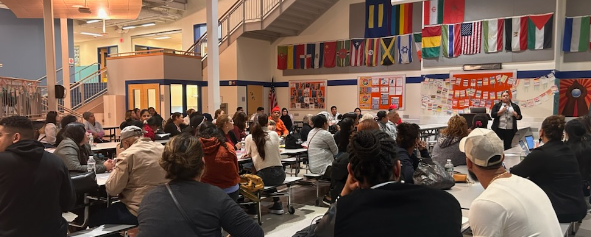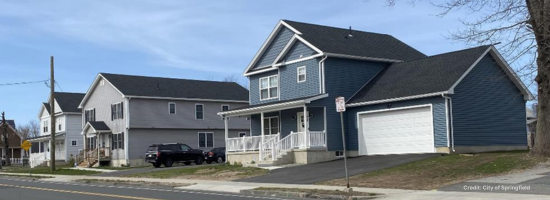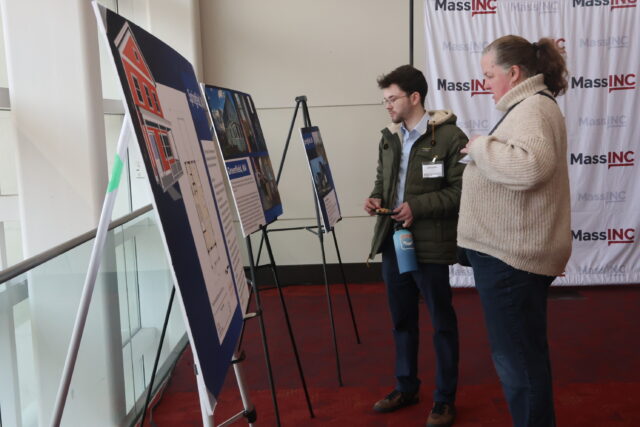Policy Center
Research, events, and articles from the MassINC Policy Center, including the Gateway Cities Innovation Institute.
Explore Topics
-
Constructing the Future Report Release
MassINC and partners explore the path ahead for Massachusetts’ skilled construction workforce.
June 30, 2025
-
Constructing the Future: Strategies to Help Massachusetts Meet Its Clean Energy and Housing Goals
June 17, 2025
- Construction output has declined in recent years. Prompt action to stimulate demand is necessary to sustain this critical workforce and preserve long-term industry capacity.
- Assuming continued economic growth, scaling up the training system to meet workforce needs for housing and clean energy should be an attainable goal.
- Recent progress in racial, ethnic, and gender diversity presents an opportunity to expand the industry’s future labor pool.
- Reducing construction costs while maintaining competitive, family-sustaining wages will require meaningful gains in productivity.
-
Reclaiming Vacant Property Conference
On April 8, housing and community development leaders from across Massachusetts came together in Springfield to explore strategies for reclaiming vacant properties and expanding access to affordable homeownership.
April 15, 2025









